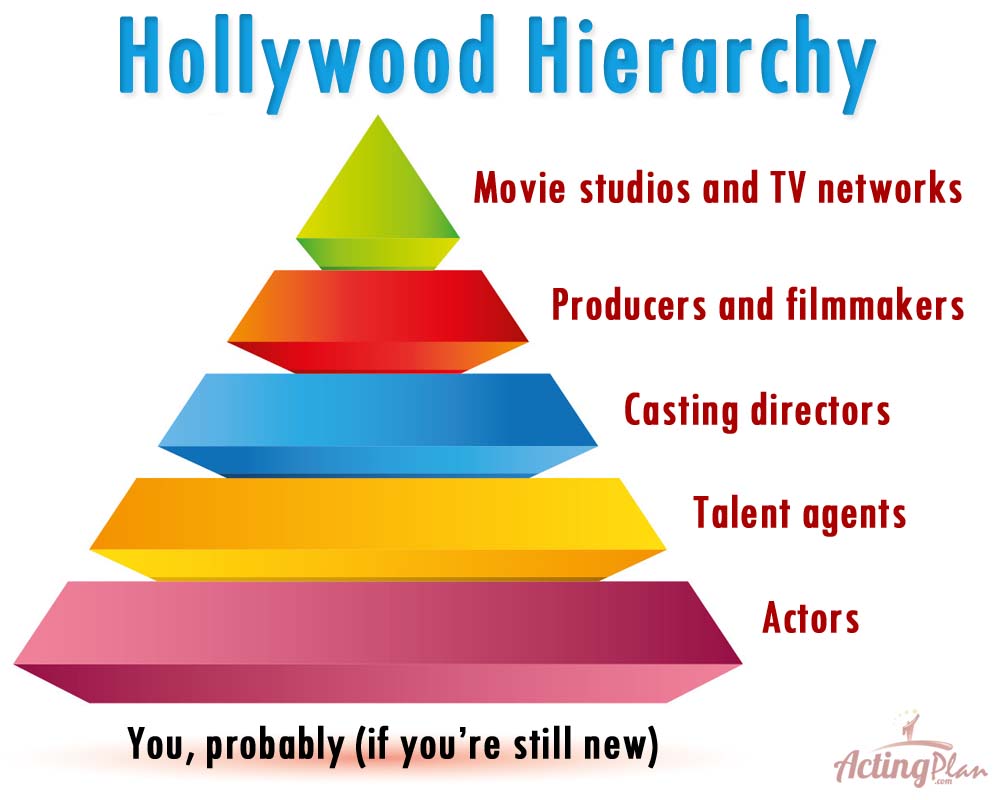The Casting Connection Fundamentals Explained
The Casting Connection Fundamentals Explained
Blog Article
4 Simple Techniques For The Casting Connection
Table of ContentsThe Ultimate Guide To The Casting ConnectionThe Definitive Guide to The Casting ConnectionThe 7-Minute Rule for The Casting ConnectionThe Buzz on The Casting ConnectionThe Main Principles Of The Casting Connection
A skill agent serves as an agent for musicians, entertainers, professional athletes, and various other individuals in the show business. Their primary responsibility is to advertise and represent their clients' rate of interests, assisting them protected opportunities such as acting duties, modeling gigs, endorsements, songs contracts, or sporting activities offers. Talent scout function very closely with their clients to understand their job objectives and aspirations, and then utilize their sector connections and knowledge to discuss contracts, protected auditions, and check out different avenues for direct exposure and success.Ability agents usually operate in fast-paced and vibrant environments that rotate around the show business. Their offices can differ based upon the size and kind of firm they are used in. Below are some usual facets of the work environment of a talent scout: Ability Agencies: Most talent scout work in skill agencies, which can vary from tiny boutique companies to big, well-established companies.

3 Simple Techniques For The Casting Connection
These meetings can happen in the agency's office, at client events, or at outside areas convenient for the client. Auditions and Casting Phone calls: Representatives may accompany their clients to auditions and casting phone calls, offering assistance and guidance throughout the procedure. This might involve taking a trip to numerous places, such as manufacturing workshops, casting workplaces, or movie collections.
These negotiations usually take place through phone or e-mail, with agents functioning carefully to safeguard desirable terms for their clients. Study and Market Updates: Agents stay informed regarding sector patterns, casting telephone calls, and market needs. They carry out research on prospective customers, jobs, and sector developments to supply valuable understandings to their customers.
They make use of email, phone telephone calls, video clip conferencing, and specialized software application to remain in touch with clients and industry contacts. https://the-casting-connection.webflow.io/. High Stress and Lengthy Hours: The enjoyment market operates limited timetables and deadlines - Open call auditions in the US. Skill representatives commonly function lengthy hours, including evenings and weekends, to ensure they are readily available to respond to opportunities and client requires without delay
They need to be strategic and convincing to safeguard the best bargains for their customers, whether it's for a duty in a movie, a modeling agreement, or a songs bargain.
Examine This Report on The Casting Connection
Once you know the distinction, it comes to be extremely clear. But lots of people new to the acting service, and much more of those outside of it don't understand the distinction. So, in a few words: Basically, a talent scout is employed by the actor to represent the star. The actor's agent looks out for skill's interests, working with their behalf (the really meaning of "representative").
They are employed by the producer or the end-client, and their allegiance is to that side of the production chain. In the business of product marketing and advertising communications, there are all kinds of agents.

And yet, although the talent scout is paid by ability (normally using commission), they have to additionally please the manufacturer to do their task successfully. Casting Representative: Rarely in major markets, but in some cases in smaller sized markets, some talent scout play both functions, a minimum of functionally. They represent the skill (typically being paid by commission), however they may likewise perform auditions themselves.
Getting My The Casting Connection To Work

Ad agency: This agency represents the "advertiser," which is the firm that develops or markets the product and services being sold. https://www.avitop.com/cs/members/castingconnection.aspx. With the flowering of media kinds over recent years, an advertising agency could develop any kind of advertising and marketing interaction or audio product, varying from a radio commercial to a viral internet video
These, and agents by other names are similar to the marketing agency, because they serve the online marketer, in different methods. Their solution may be broader (e.g., an advertising company could do anything that is marketing-related), or could be a lot more certain (e. Open call auditions in the US.g., a media firm recommends and/or acquires media time and room)
The Casting Connection - Questions
Executive recruiter. This is not so a lot a title as an approach to searching for and choosing brand-new skill. It refers to seeking out fascinating (and hopefully qualified) talent, as opposed to going out via the typical spreading chain and having actually picked choices come back. The hunting procedure might include the full world of educated, established skill, however is not necessarily limited to them.
From a client/producer's factor of sight, hunting for skill is a legitimate approach, however probably not their only method. It's inherently ineffective and unpredictable; the talent may have some distinct top quality, but be untrained, undirectable and/or unreliable, and certainly, the outset of a limited production timetable is not the moment to start searching for rough diamonds.
Report this page